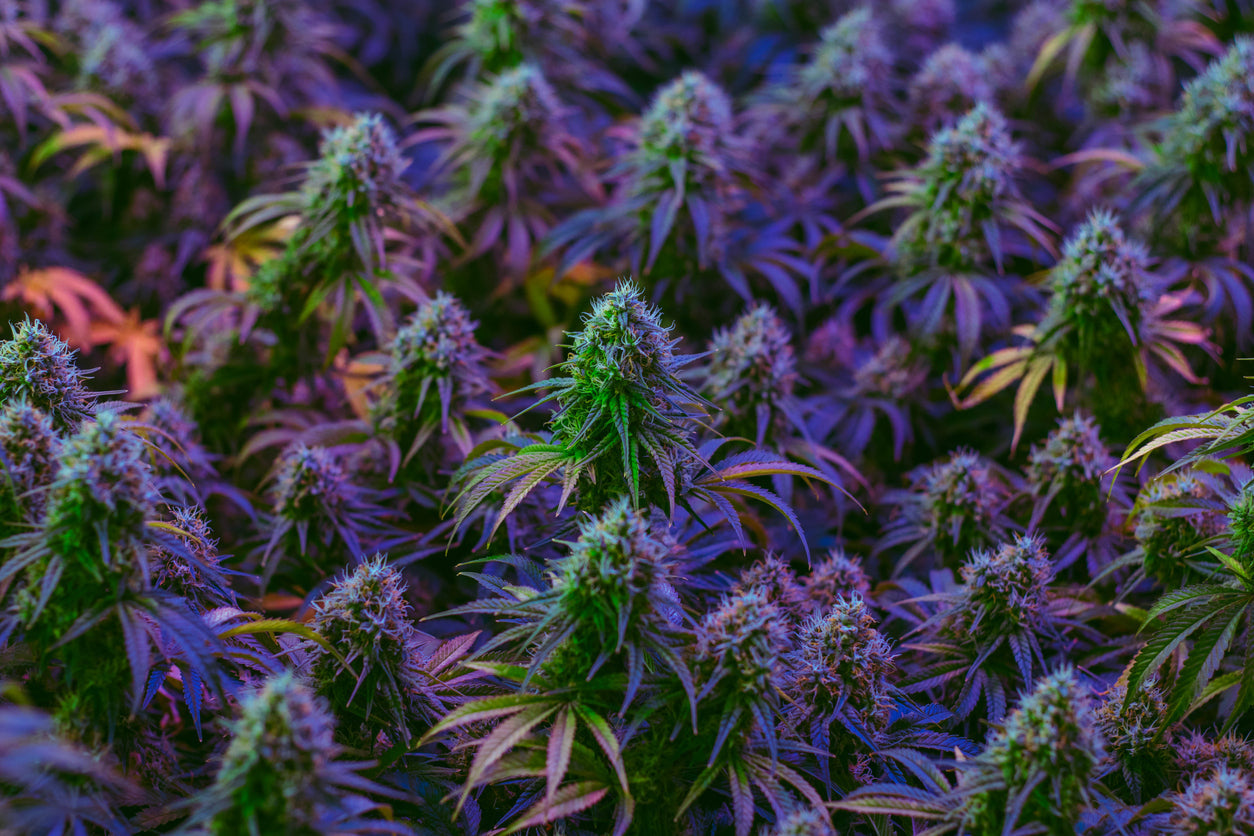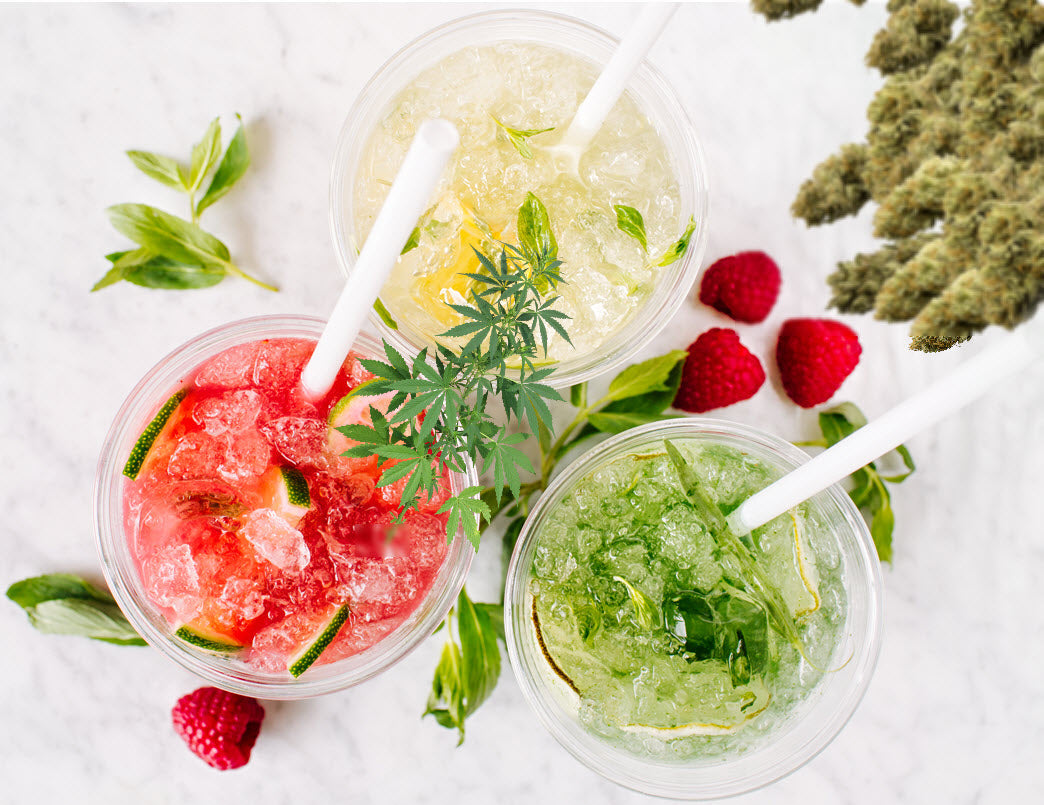
Cannabis Consumers Embrace 4/20 Marketing from Non-Cannabis Brands
April 20th, or 4/20, has long been the unofficial holiday for cannabis enthusiasts, a day steeped in countercultural roots that has evolved into a mainstream retail juggernaut. Once a niche celebration, 4/20 now sees dispensaries doubling their revenue compared to average days, with sales growing year-over-year by several percentage points, according to Flowhub’s 2024 data. Yet, the most striking shift in recent years isn’t just the surge in cannabis sales—it’s the enthusiastic embrace of 4/20 marketing by non-cannabis brands, from fast-food chains to ice cream makers. A 2023 survey revealed that three in four marijuana consumers appreciate these promotional efforts, viewing them as a sign of the industry’s growing mainstream acceptance. This phenomenon reflects a broader cultural pivot, where cannabis is shedding its stigmatized past and stepping boldly into the public square.
A Cultural Touchstone Goes Corporate
The origins of 4/20 trace back to the 1970s, when a group of California teens coined the term as a code for cannabis use. What began as a clandestine nod among friends has ballooned into a national phenomenon, complete with festivals, concerts, and, crucially, marketing campaigns. Today, 4/20 is the cannabis industry’s Black Friday, with Flowhub reporting that dispensaries see a revenue spike of over 11% compared to the previous year’s 4/20. But it’s not just cannabis businesses cashing in. Non-cannabis brands like Carl’s Jr., Ben & Jerry’s, and even tax-preparation firms are tapping into the 4/20 fervor with campaigns that resonate with consumers. Carl’s Jr.’s 2021 $4.20 Snack Sack, featuring jalapeno poppers and fries, was a playful nod to cannabis culture, complete with a Snapchat filter to amplify the vibe. This cross-industry participation signals a seismic shift: cannabis is no longer a fringe topic but a cultural touchstone that brands across sectors are eager to leverage.
Consumers Signal Approval
The 2023 consumer sentiment survey, conducted by a leading cannabis marketing firm, found that 75% of marijuana users welcome 4/20 promotions from non-cannabis brands. This isn’t just about snagging a deal on munchies; it’s about validation. Consumers see these campaigns as proof that cannabis is shedding its “stoner” stereotype and gaining legitimacy. For years, cannabis users faced social stigma, with 68% of Americans supporting legalization as recently as 2021, per Gallup. The fact that mainstream brands are now aligning with cannabis culture feels like a victory lap for advocates. Ben & Jerry’s, for instance, has leaned into 4/20 with social justice-focused campaigns, highlighting the disproportionate incarceration rates for drug offenses among BIPOC communities. This resonates deeply with users, 50% of whom, according to a 2023 Moengage study, value brands that align with social causes. For these consumers, a pint of “Half Baked” isn’t just ice cream—it’s a statement.
The Mainstream Momentum
The mainstreaming of cannabis is undeniable. As of 2024, 24 states have legalized adult-use cannabis, and the U.S. market is projected to hit $45 billion in 2025, per Whitney Economics. This economic clout has drawn non-cannabis brands into the fold, eager to capture a slice of the $115.2 billion economic impact cannabis generated in 2024. Brands like Sweetwater Brewing Company, which hosts its annual 420 Fest, or Oskar Blues, with its cannabis-inspired Veritasty IPA, aren’t just dipping their toes—they’re diving in. These collaborations highlight a savvy marketing truth: cannabis consumers are diverse, spanning millennials (44% of the market), Gen X (23%), and even Boomers (13%), per a 2020 Dutchie study. By engaging with 4/20, non-cannabis brands tap into a demographic that’s educated, discerning, and increasingly influential. The result? A virtuous cycle where visibility begets acceptance, and acceptance fuels more visibility.
Navigating the Regulatory Maze
Marketing cannabis, even indirectly, isn’t without hurdles. Cannabis remains a Schedule I drug federally, meaning non-cannabis brands must tread carefully to avoid legal pitfalls. State-specific regulations add complexity—some states ban promotions appealing to minors, while others restrict health claims. A 2023 study of 175 cannabis retailer websites found that 30.3% still posted youth-oriented content, despite prohibitions, underscoring the regulatory tightrope. Non-cannabis brands often sidestep these issues by focusing on cultural nods rather than explicit cannabis references. Qdoba’s 4/20 tweet with a guacamole-laden burrito image or Denny’s text-based munchies joke are masterclasses in subtlety. These brands capture the 4/20 spirit without crossing legal lines, a strategy that 41% of Gen Z and millennials, who make impulse purchases biweekly, find irresistible, per a 2023 GWI report.

The Social Media Conundrum
Social media is a double-edged sword for 4/20 marketing. While platforms like X and Snapchat have loosened restrictions—X became the first major platform to allow cannabis ads in legal states in 2023—others, like Meta’s Instagram and Facebook, remain strict. A 2024 Rolling Stone report noted that cannabis creators on Instagram risk account deletions, with one brand losing 250,000 followers overnight. Yet, social media is critical, with 85% of cannabis retailers leveraging platforms like Instagram for engagement, per a 2023 PMC study. Non-cannabis brands navigate this by focusing on cultural content—think Jimmy John’s 4/20 tweet about satisfying cravings. These posts generate buzz without violating platform rules, capitalizing on the 20 million cannabis-related tweets in 2023, which outpaced conversations about coffee or the NHL, according to AdCann.
A Win for Brand Loyalty
For non-cannabis brands, 4/20 is more than a one-day sales bump; it’s a loyalty-building opportunity. Flowhub’s 2023 data shows dispensaries offering debit payments see $4,627 more daily revenue than cash-only counterparts, hinting at consumers’ preference for seamless experiences. Non-cannabis brands mimic this by offering 4/20-themed bundles or giveaways, like Carl’s Jr.’s Snack Sack or Qdoba’s free chips and salsa promotions. These tactics resonate with millennials, 62% of whom use cannabis socially and prioritize brands supporting causes, per a 2023 Basis Technologies report. By aligning with 4/20, brands foster emotional connections, turning one-time buyers into repeat customers. A 2021 Marq study found that consistent branding boosts revenue by 10% or more, a lesson non-cannabis brands are applying with 4/20 flair.
The Future of 4/20 Marketing
As cannabis legalization expands—Statista projects a $49.56 billion market by 2028—non-cannabis brands will likely double down on 4/20. The 440,445 jobs supported by legal cannabis in 2024, per Flowhub, underscore the industry’s economic weight, making it a magnet for cross-sector partnerships. Brands like Netflix, with its 4/20-timed “Cooked with Cannabis” release, show how entertainment can join the fray. Meanwhile, 21% of Dry January participants now replace alcohol with cannabis, per a 2023 Cannabis Creative study, opening doors for beverage brands to craft THC-inspired drinks. The 75% consumer approval rate for non-cannabis 4/20 marketing is a green light for innovation, signaling that cannabis is no longer a subculture—it’s the culture. As brands continue to weave 4/20 into their strategies, they’re not just chasing profits; they’re cementing cannabis as a pillar of modern mainstream identity.
Reference:
1. AdCann. (2023). Cannabis social media engagement report 2023. Retrieved from https://adcann.com/
2. Basis Technologies. (2023). Consumer preferences in cannabis marketing. Retrieved from https://basis.net/
Cannabis Creative. (2023). Dry January and cannabis consumption trends. Retrieved from https://cannabiscreative.com/



